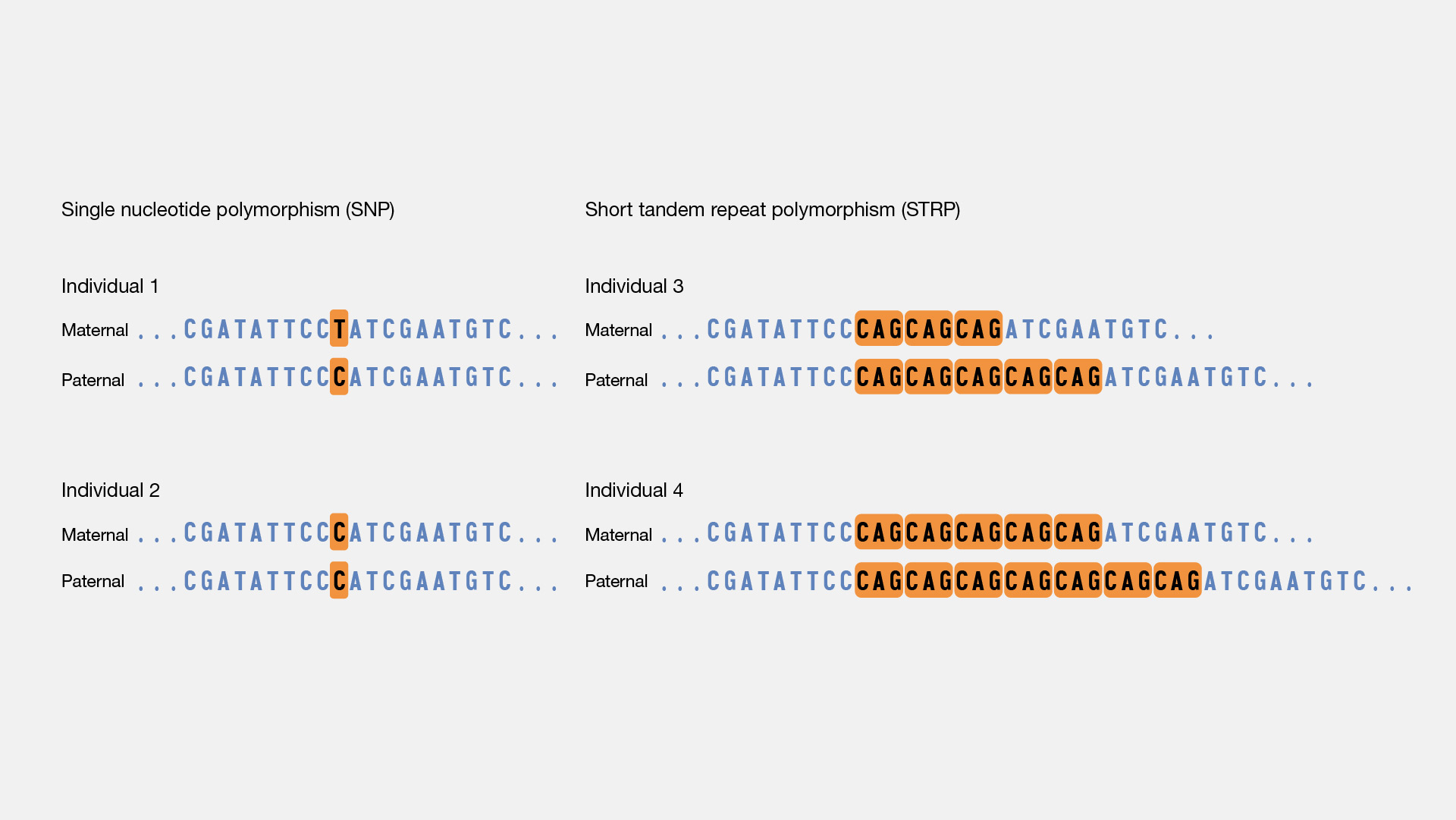Polymorphism is a concept in computer programming where different elements can take on different forms and properties. It is typically employed by object-oriented programming languages such as C#, Java, and Python to allow for more flexibility and reusability in code. The word “polymorphism” originates from the Greek polys (“many”) and morphism (“forms”), and describes the ability of a single element to take on multiple forms.
Polymorphism can be implemented in several ways. Subtyping (also known as inheritance) is a form of polymorphism in which one object is a subtype of another, maintaining all of its parent class’ properties and methods while adding its own features. Overriding is also a form of polymorphism where the properties of a parent class are replaced with those of a child class. Another form, known as operator overloading, allows operators to take on different meanings depending on the context in which they are used.
An example of polymorphism would be a video game in which the player can control multiple characters, each with their own abilities and strengths. By taking advantage of polymorphism, the game code can be written once and applied to all characters, allowing for more efficient coding and reducing the development time.
Polymorphism is an essential concept in object-oriented programming, allowing for more versatile and powerful coding. It is the ability to recognize a single entity in multiple forms, but to treat them as one, allowing for greater flexibility and readability in code.





